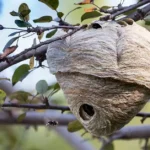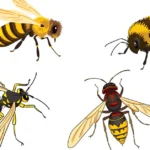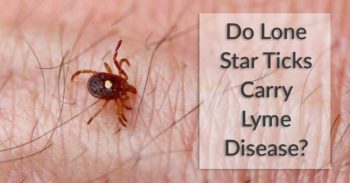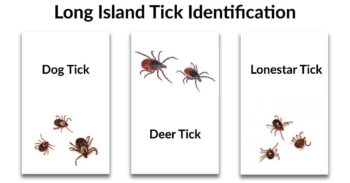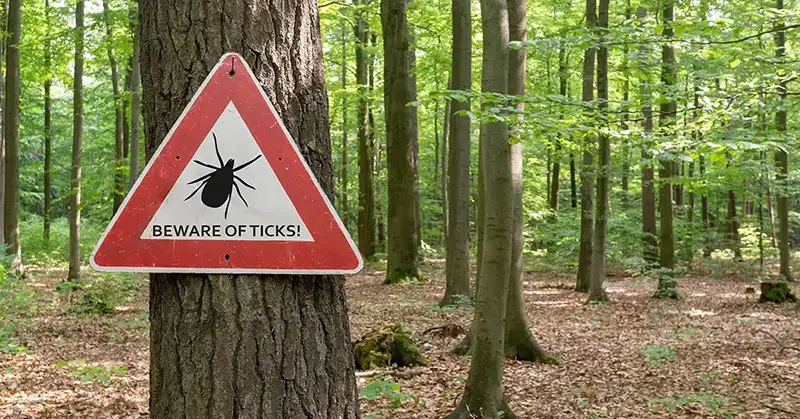
Every so many years it seems that one new insect or another is the cause for concerned news reports. In the past it was gypsy moths, brown recluse spiders, mosquitoes, etc. So, are Asian longhorned ticks really dangerous? In a word, yes; Asian longhorned ticks are dangerous and pose a threat in a few ways.
What You Need to Know About Asian Longhorned Ticks
As with many species of ticks, Asian longhorned ticks can be difficult to spot. Normally they’re about the size of a poppy seed or even smaller. Engorged with blood they’ve eaten; they can swell to the size of a pea.
Asian longhorned ticks are not native to the Western Hemisphere, but rather Asia as their name indicates. They’ve caused serious problems to livestock and people in New Zealand. As an invasive species, they pose a risk within the United States because they lack the natural counter factors their natural habitat offers. The first official instance of an Asian longhorned tick in the United States occurred in August 2017 when a sheep in New Jersey was found to be infested with them.
According to reports from the Centers for Disease Control (CDC), Asian longhorned ticks have been found in Arkansas, Connecticut, Kentucky, Maryland, North Carolina, New Jersey, New York, Pennsylvania, Tennessee, Virginia and West Virginia as of May 28, 2019. That’s substantial growth in less than two years. However, the U.S. Department of Agriculture’s Animal and Plant Health Inspection Service believes that it found Asian longhorned ticks on a deer in West Virginia in 2010 and in a New Jersey dog in 2013. Currently the sheep in 2017 is still listed as the first official infestation.
The female Asian longhorned ticks do not have to mate to lay eggs and reproduce. That’s part of the reason why they are spreading so rapidly. One female Asian longhorned tick can lay about 2,000 eggs after feeding. The U.S. Department of Agriculture (USDA) says that is enough ticks to establish a population in a new area.
Can an Asian Longhorned Tick Make You Sick?
While so far in the United States, no illnesses caused or transmitted by Asian longhorned ticks have been reported, the creatures have been a serious problem in other parts of the world. WebMD refers to them as a “known vector” for hemorrhagic fever in humans including “severe fever with thrombocytopenia syndrome virus (SFTSV)”. Originally reported in China, it has also occurred in Japan and South Korea. Symptoms include vomiting, fever, anemia and diarrhea. Organ failure can also occur. In 12 percent of cases, it can be fatal.
WebMD also reports that Asian longhorned ticks can spread Japanese spotted fever in humans, a potentially fatal virus. Its symptoms include high fever and a red rash. Other illnesses such as Powassan virus and a variety of other conditions can be spread by these ticks, though the CDC is quick to report that none have been transmitted by the ticks in the U.S. yet. In Asia, about 15 percent of the people bit by this tick die.
Asian longhorned ticks are a threat to animals as well as people and have caused serious problems in New Zealand livestock. The CDC has even produced a downloadable handout about pets and Asian longhorned ticks.
In addition to diseases the ticks can carry and transmit, they are health hazards in other ways. For example, a group of ticks infesting a single animal or person can take in so much blood, it causes anemia. If too many attach to one creature it can even cause death.
Arrow Exterminating Are the Tick Experts
Protect your family from ticks and the illnesses they can cause by calling Arrow Exterminating to discuss tick control treatments. Arrow will help you identify if you have a problem, explain our plan to eradicate your infestation, and give you the peace of mind you need. To get started, contact Arrow Exterminating today.

